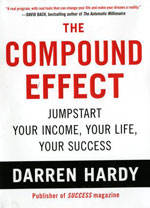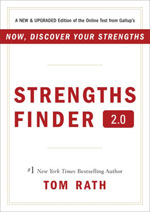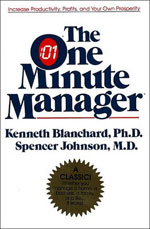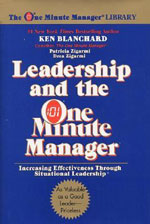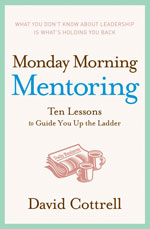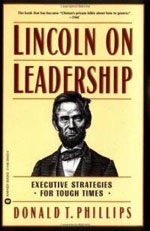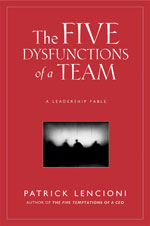 One thing many people don’t know about me is that I am, by nature, a very shy person. With the extensive travel requirements that came along with my job, I became very reliant over the years on my wife’s social network. I’ve never really liked going to large social gatherings and meeting a lot of new people. To be honest, situations like that can be very draining for me since they require me to flex my personality and deal with my shyness.
One thing many people don’t know about me is that I am, by nature, a very shy person. With the extensive travel requirements that came along with my job, I became very reliant over the years on my wife’s social network. I’ve never really liked going to large social gatherings and meeting a lot of new people. To be honest, situations like that can be very draining for me since they require me to flex my personality and deal with my shyness.
You’re probably wondering how someone who is shy makes a career in sales! We all have weaknesses, and we tend to try to eliminate them or change ourselves in order to become better.
What if, instead of trying to eliminate our weaknesses, we embraced them for what they can offer?
Hidden in our weaknesses are our strengths. Every weakness has a corresponding strength. The idea here is simple: instead of trying to change your weaknesses, accept them and leverage your associated strengths.
Some years ago, I did just that and decided to embrace my shyness instead of trying to overcome it. I took a different approach that completely melted away any anxiety I had when I met new people. Here’s what I did: when in a large group or around new people, I focused on simply asking questions and summarizing what the other person said, inserting my own thoughts and opinions when appropriate. To my amazement, no one ever noticed I was shy or that I was just asking questions and listening! Each person I talked to seemed pleased that I was listening to them without interruption.
One of the greatest skills a salesperson can have is the ability to ask good questions and listen—and I mean really listen—to what customers are saying. Too often, I see salespeople ask a question but never really listen for an answer—unfortunately, these salespeople miss important cues that would lead to good followup questions. They often jump into their pitch and try to fix a problem that really isn’t even the customer’s main issue.
David Sandler teaches us that people buy on emotions rather than buying as a result of rational thinking. In order to get to a customer’s real issues (often called “real pain”), we must get personal and individual. For example, many salespeople focus on a technical problem or on the financial aspects of a product. I am not saying a salesperson will lack success selling to those two levels of pain, but, to increase your close ratio, you need to get to the next level of pain: personal pain. Simply put, a potential buyer that has a personal investment in the problem being resolved is far more likely to walk side by side with the seller throughout the sales process. Getting absolute commitment from buyers boils down to finding a way to address their personal priorities.
Do you want to influence people and close more deals? Listen closely—connecting with your customer begins with listening.
People often think it’s the salesperson with the utmost charisma that does well in sales; however, I would argue that the very best salespeople are the ones who ask good questions, listen attentively, and then ask thoughtful, strategic followup questions that get to the root issues for their customers. Furthermore, don’t be afraid of silence. Silence is good, for it allows you time to think and articulate your thoughts more effectively. And often, silence can be the sign that you’ve asked a good question.
How do you feel when someone interrupts you? Frustrated? Annoyed? Disrespected? Interruptions are distractions and can derail a sales call in an instant. When you interrupt your clients, you run the risk of communicating to them that they are insignificant. Give your customer the courtesy of your undivided attention—this will earn their respect!
The best sales calls I have observed follow this general rule of thumb: the salesperson spends 75 percent of his or her time listening, 10 percent of his or her time thinking about what the customer said, and 15 percent of his or her time actually talking. A salesperson that is talking more than 50 percent of the time is talking too much, never identifying the customer’s personal pain and, most of the time, not achieving the desired business outcome.
As Stephen Covey once said, “Most people do not listen with the intent to understand; they listen with the intent to reply.” If you want greater success in closing deals, spend less time talking and more time listening!










